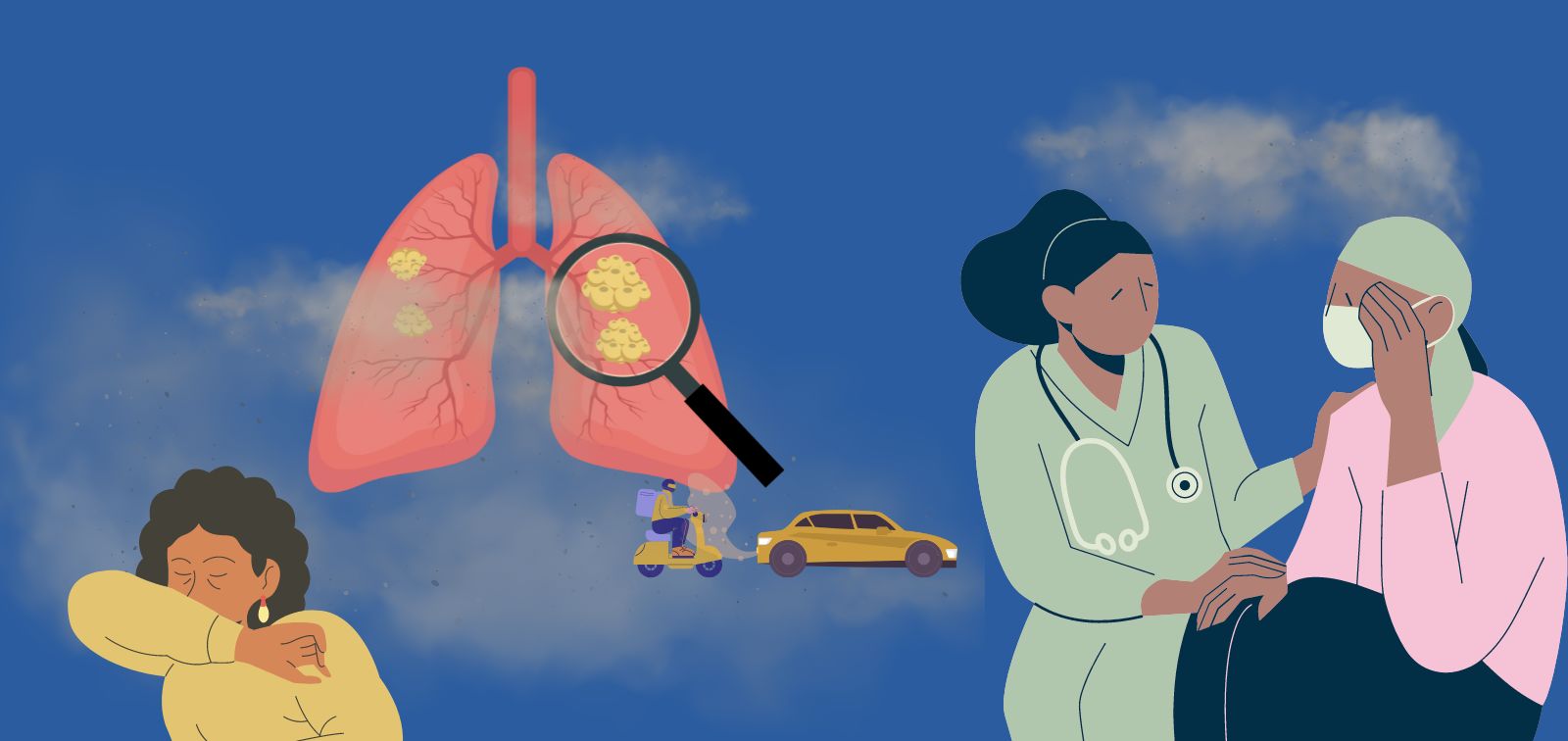
Air pollution is a global concern. It impacts our health significantly. Our lungs are particularly vulnerable. Protecting them is crucial for well-being. There are many steps you can take.
Impacts Our Health Significantly
Polluted air contains harmful particles. These tiny invaders enter our lungs. They can cause irritation. Long-term exposure leads to serious issues. Respiratory diseases become more likely. Heart conditions can also arise. Protecting yourself is important.
Understanding Air Quality Alerts
Many regions issue air quality alerts. These warnings tell you about pollution levels. Pay attention to these reports. They often use color codes. Green means good quality. Red or purple signal hazardous conditions. Adjust your activities accordingly.
Checking Local Air Quality
Before going outside, check. Many apps and websites provide data. Type in your location. Get real-time air quality index (AQI) readings. This helps you plan your day. Avoid outdoor activities on bad air days. Knowledge empowers you to protect yourself.
Limiting Outdoor Activities
When air quality is poor, stay indoors. Reduce strenuous exercise outside. If you must go out, limit time. Schedule outdoor tasks for cleaner hours. Mornings are often better. Evenings can also be less polluted. Adjust your routine for safety.
Wearing Protective Masks
Certain masks offer protection. N95 or KN95 masks are effective. They filter out tiny particles. Surgical masks offer less protection. Wear one when pollution is high. It creates a barrier against pollutants. Ensure a proper fit for best results.
Keeping Indoor Air Clean
Your home air quality matters. Close windows and doors on bad days. Use an air purifier with a HEPA filter. This removes airborne particles. Avoid indoor pollutants like smoke. Scented candles can also be an issue. Proper ventilation is still important.
Avoiding Secondhand Smoke
Cigarette smoke is extremely harmful. It contains thousands of chemicals. Inhaling it damages lung tissue. Avoid places where people smoke. Ask smokers to step outside. Protect children from all smoke exposure. It’s a major lung irritant.
Regular Cleaning and Dusting
Dust can contain allergens and pollutants. Regular cleaning reduces indoor particles. Vacuum with a HEPA filter. Dust surfaces with a damp cloth. Wash bedding frequently. This helps improve your indoor air. A clean home helps your lungs.
Maintaining Indoor Humidity
Proper humidity helps your lungs. Dry air can irritate airways. Too much humidity encourages mold. Aim for 30-50% humidity indoors. Use a humidifier or dehumidifier as needed. Monitor levels with a hygrometer.
Choosing Indoor Plants
Some plants can filter air. Spider plants, peace lilies are examples. They absorb certain pollutants. They also release oxygen. Place them strategically in your home. They add natural beauty too. More plants might improve air quality.
Using Proper Ventilation
When indoor air is stale, ventilate. Open windows when outside air is clean. Use exhaust fans in kitchens and bathrooms. This removes cooking fumes and moisture. Good airflow prevents pollutant buildup. Balance ventilation with outdoor air quality.
Hydration for Lung Health
Drinking enough water helps lungs. It keeps mucus thin. Thin mucus is easier to clear. This helps expel trapped pollutants. Dehydration makes mucus sticky. Drink water consistently throughout the day. Herbal teas are also beneficial.
Eating a Lung-Healthy Diet
Certain foods support lung health. Antioxidants fight cell damage. Vitamins C and E are important. Found in berries, citrus, leafy greens. Omega-3 fatty acids reduce inflammation. Fish, flaxseed, walnuts contain them. A balanced diet strengthens defenses.
Regular Exercise Benefits Lungs
Exercise strengthens your lungs. It increases their efficiency. Do it indoors on polluted days. Use a treadmill or exercise bike. Deep breathing during exercise helps. It improves overall respiratory function. Consult your doctor first always.
Practicing Breathing Exercises
Deep breathing techniques help. Pursed-lip breathing strengthens lungs. Diaphragmatic breathing increases capacity. These exercises improve lung mechanics. They help expel trapped air. Practice them daily for stronger lungs.
Consulting Your Doctor
If you have lung conditions, talk. Discuss air pollution concerns. Your doctor can offer personalized advice. They might adjust medications. They can suggest specific protective measures. Be proactive about your respiratory health.
Using Air Purifiers Effectively
Place purifiers in main living areas. Choose a model appropriate for room size. Change filters regularly as advised. A dirty filter is ineffective. Look for CADR (Clean Air Delivery Rate) ratings. Higher CADR means faster cleaning.
Avoiding Indoor Burning
Burning wood or candles creates particles. Fireplaces and wood stoves are sources. Scented candles release chemicals. Incense can also be problematic. Limit their use indoors. They add unnecessary pollutants to your air.
Showering After Outdoor Exposure
Pollutants can cling to clothes and skin. Showering helps remove them. Change into clean clothes. This prevents bringing particles indoors. It’s a simple step for added protection. Especially after high-pollution exposure.
Protecting Vulnerable Groups
Children, elderly, and sick are sensitive. They need extra protection. Keep them indoors on bad air days. Ensure their indoor environment is clean. Monitor their symptoms closely. Be extra vigilant for these groups.
Staying Informed About Policies
Advocate for cleaner air in your community. Support policies reducing pollution sources. Participate in local initiatives. Your voice can make a difference. Collective action creates healthier environments. It benefits everyone’s lungs.
Long-Term Lung Health
Protecting your lungs is a lifelong effort. Consistent vigilance is key. Small daily habits add up. They build resilience over time. A proactive approach yields lasting benefits. Your lungs will thank you.
Humidifiers and Nebulizers
Sometimes, a humidifier helps dry airways. Nebulizers deliver medication as mist. Discuss these with your doctor. They might be beneficial for certain conditions. Use them as prescribed for optimal results.
Monitoring Personal Exposure
Consider a personal air quality monitor. These devices measure local pollutants. They can give you real-time feedback. This helps you avoid high exposure areas. It adds another layer of protection.
Protecting your lungs from air pollution means staying informed, managing indoor and outdoor exposure, and adopting healthy lifestyle practices for lasting respiratory well-being.
